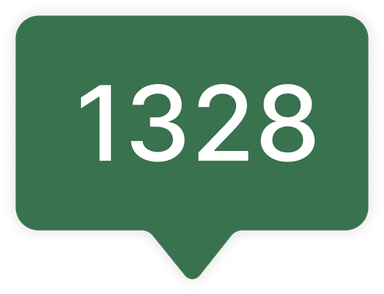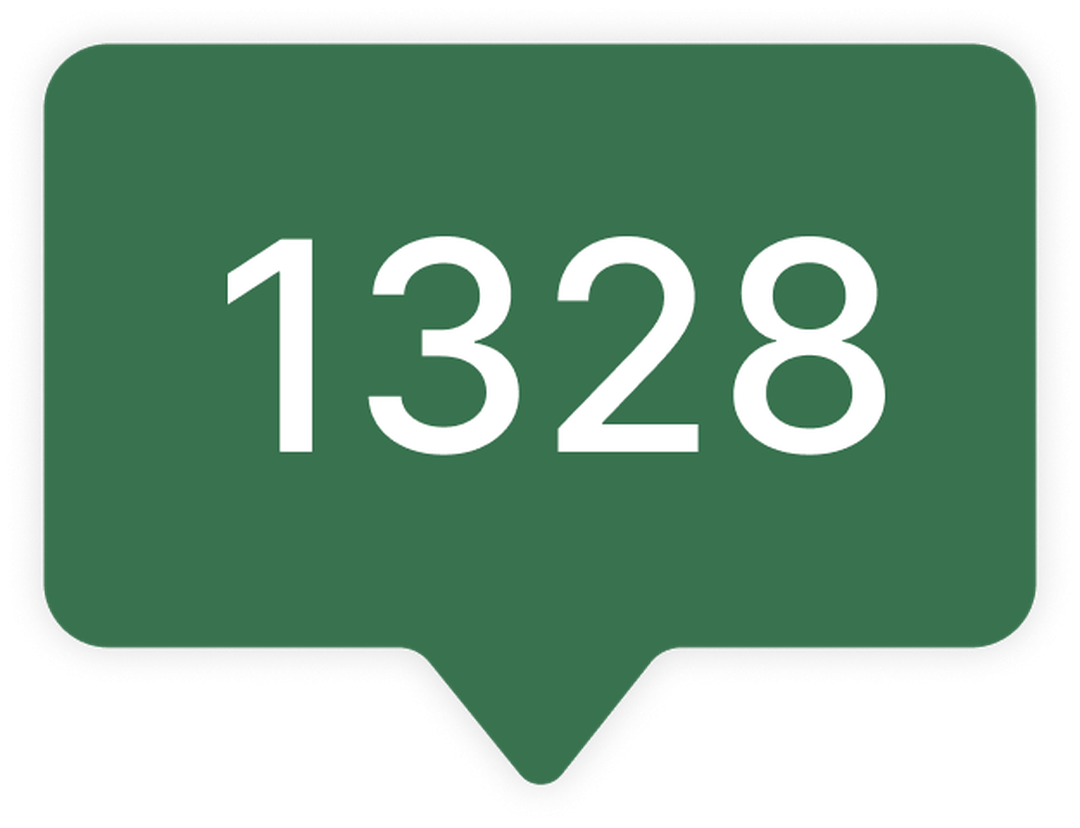Park. Pay. Go.
Easily find and pay for parking without running back to feed the meter, or reserve stress-free parking in advance, all on the free ParkMobile app.
The smarter way to park
ParkMobile puts the power to park in your hands. Whether you're looking for a spot now or reserving a spot for later, ParkMobile has you covered.

Enter your zone

Set your time

Select your vehicle

Pay & go
Enter your zone

Set your time
Select your vehicle
Pay & go

Better parking for your business
Simplify how your company manages parking. ParkMobile for Business helps you handle vehicles and users, track expenses, and pull detailed monthly reports from one easy-to-use portal.
Are you a parking provider?
ParkMobile creates powerful, forward-looking solutions for any kind of parking use case. Whether you’ve got a garage to fill, a big event to run, a large fleet to manage or anything in between, our parking experts are ready to help.



